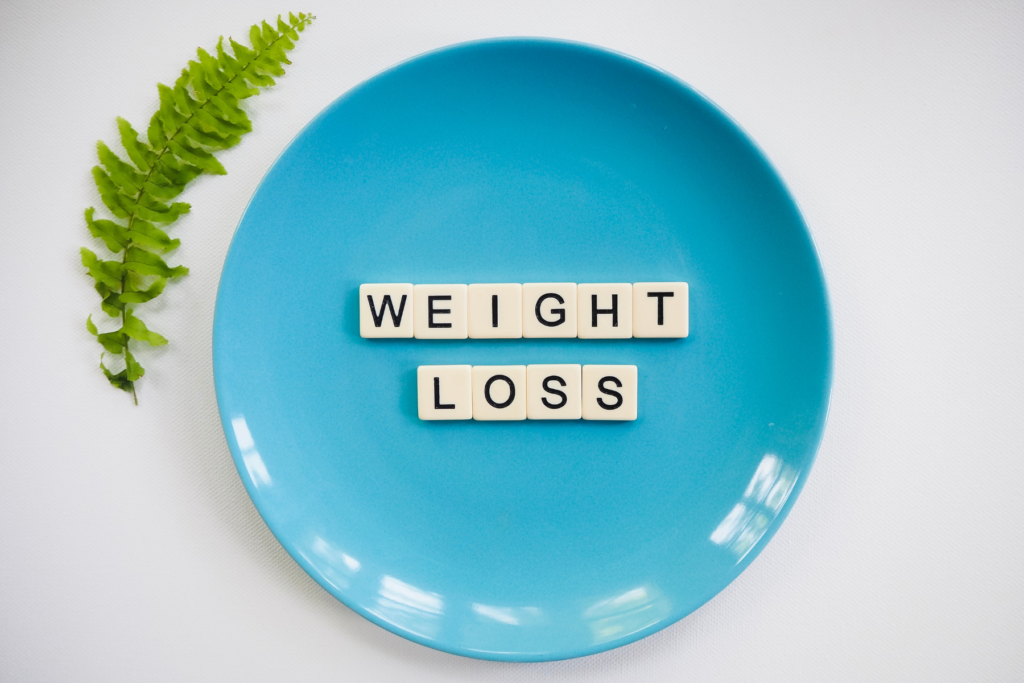Setting Boundaries in Eating Disorder Recovery
July 25, 2022

Recovery from an eating disorder is challenging. One of the hardest parts can be eating navigating through all of the diet culture triggers that surround us.
Unfortunately, diet culture is everywhere. Even when you are feeling empowered and ready to leave it behind. Even so, it is inevitable that someone, at some point, may make triggering dieting and/or body image related comments around you.
It is so important to protect your headspace in your recovery. Setting boundaries may seem uncomfortable. However, just as uncomfortable is dealing with diet talk when you are working so hard to recover from your ED.
Thus, here are some strategies to try and set these boundaries:
1. Educate
Diet culture and the desire for weight loss are extremely prevalent in our society. Therefore, it makes sense that some of the closest people in our lives may also fall victim to these desires.
It’s common for friends and family to be so unknowingly engrossed in diet culture themselves. So much so that they may not even realize how the things that they say could be triggering for you. While we may be understanding of this, it doesn’t make it helpful for your recovery. Sadly, some of these thoughts and beliefs may have even played a role in the development of your ED.
Luckily, most treatment centers and programs offer ways to approach these challenging conversations with the people you love. These programs can provide a safe space to educate friends and family on eating disorders. More specifically, why diets don’t work, how the pursuit of changing our bodies causes more harm than good, and what language is and isn’t helpful during ED recovery. In an outpatient setting, most dietitians and therapists are more than happy to hold a session to work through this.
2. Be Firm, but Polite
Someone can’t stop chatting about their fad diet or weight loss secrets? A direct approach can be to simply ask them to stop.
However, you may feel comfortable talking about your recovery journey. Or maybe you are with someone who knows about your ED history.
In this case, you may consider saying:
- “Do you mind if we talk about something else? Diet talk isn’t helpful for my eating disorder recovery.”
- “I’ve made a ton of great progress in my eating disorder recovery, but it can still be really tough to hear people talk about their weight loss tricks– can we change the subject?”

3. Change the Subject
While effective, #2 may feel like a very challenging and blunt way to set a boundary. Sometimes simply changing the topic can feel easier, yet it’s still effective.
Many times people resort to diet talk out of habit, boredom, or lulls in conversation– just like the weather. Therefore, it can be key to having an interesting conversation starter on hand. Icebreakers don’t just have to be for the office!
Some great convo starters to try could be:
- “If you could have any super power, what would it be & why?”
- “What’s the next national park you would love to visit & why?”
- “Have you ever met anyone famous?”
For some seamless transitions try…
- “Enough about this beach body talk. I want to hear about what else you plan to do on your beach vacation!”
- “Instead of us worrying about how many calories are in this dish, let’s be thankful that we can all be here to celebrate together! What are you thankful for this year?”
4. Ignore It
Unfortunately, sometimes people won’t get a hint. They may be so engrossed in diet culture that they will continue to talk about it, despite your best efforts.
In these cases it can be helpful to consider a different perspective. Have you ever had a friend or coworker who had wildly different political beliefs? How did you handle that? You may have told yourself that while you disagree with their beliefs, you ultimately can’t change them. All you can do is control your reaction. Take some time to vent to your spouse or journal about them. Ultimately, try not to let it ruin your day or set you back in your recovery!

5. Take Some Space
Depending on the circumstances, another approach to deal with triggering talk is to take some space. Perhaps you can excuse yourself to the bathroom or to get some air. If it is an office coworker, perhaps you can request a different desk. Remember, when all else fails, it’s okay to remove yourself from a triggering environment!
It’s Your Recovery
There is a quote that says: “Boundaries teach people how to treat you, and they teach you how to respect yourself”. You deserve a safe environment to recover and to set boundaries in a way that makes sense for you.
Remember, you know yourself and your audience best. Some of these approaches may work well in some scenarios, while a different approach may prove effective in others. If setting boundaries around diet talk feels scary, this is something you can absolutely talk through with your treatment team to make the experience as comfortable as possible.
Looking for support with eating disorder or disordered eating recovery? Our non-diet dietitian team is here to help! See our services HERE.